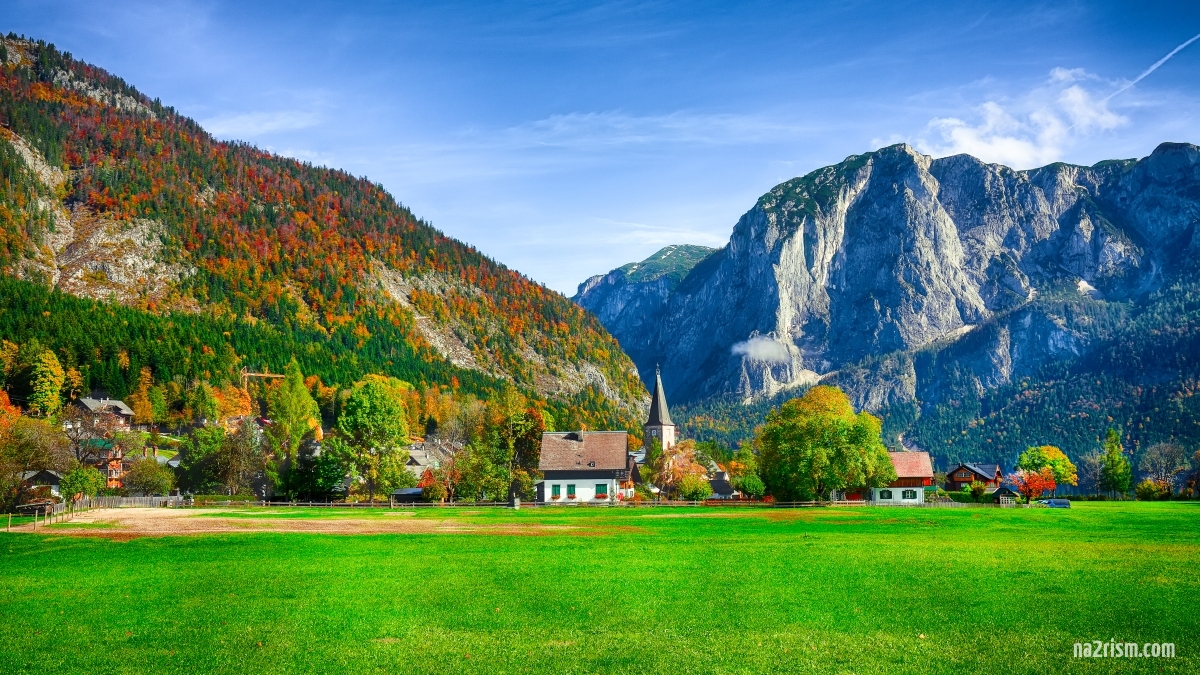The tradition of family naturism in Austria is an intriguing and multifaceted aspect of the country’s rich cultural tapestry. Nestled in the heart of Europe, Austria has long been a place where the appreciation for nature, health, and freedom converge, creating a unique environment for the practice of naturism. Unlike many other places where naturism might be seen solely as an individual or adult activity, in Austria, it encompasses a family-oriented approach, deeply rooted in the belief that experiencing nature in its most authentic form is beneficial for all ages.
The concept of family naturism in Austria transcends mere nudity. It is steeped in a philosophy that values simplicity, equality, and respect for nature and others. Austrian family naturism is not about eschewing clothes for the sake of it but rather about returning to a state of innocence and purity where the social constructs of status, judgment, and superficiality are stripped away. This ideology promotes a healthy body image, self-respect, and an understanding of privacy and boundaries, which are seen as vital educational components for children from a young age.
In Austria, family naturism is practiced in designated areas and resorts that offer a safe, controlled environment for families to enjoy nature in its entirety. These spaces are meticulously maintained to ensure privacy and security, fostering a community atmosphere where families can engage in various activities such as swimming, hiking, and sunbathing without the constraints of clothing. The emphasis is on communal well-being, with facilities and activities designed to enhance the physical and mental health of participants. Such places often boast eco-friendly credentials, further aligning with the naturist ethos of living in harmony with nature.
The acceptance and normalization of family naturism in Austria can also be attributed to the country’s liberal views on nudity and the body. Austrian society, by and large, does not sexualize the naked body in the same way that perhaps more conservative cultures might. This cultural perspective allows for a more relaxed attitude towards naturism, making it a family-friendly endeavor. It’s not uncommon for public spaces like parks and lakes in Austria to have areas designated for naturism, underscoring the nation’s open-minded approach to the human body and its connection to nature.
However, it’s important to note that while family naturism is embraced in certain circles and areas, it is also a choice deeply personal to each family. Austrian families who participate in naturism often speak of the liberating and bonding experience it provides, allowing for a deeper connection not only to nature but among family members themselves. It’s a practice that encourages honesty, vulnerability, and a shared understanding of respect and consent.
The legal framework in Austria generally supports the practice of naturism, with laws that recognize the difference between naturism and indecency, ensuring that the practice can be carried out in appropriate settings without fear of legal repercussions. This legal backing further facilitates a culture where family naturism can be embraced as a legitimate lifestyle choice.
In conclusion, the tradition of family naturism in Austria is a reflection of the country’s progressive, open-minded, and health-conscious society. It offers a unique way for families to bond, teach, and learn from each other in a natural and unencumbered setting. Through its practice, naturism challenges societal norms, champions a return to simplicity, and fosters a deep respect for the environment. As such, family naturism in Austria is not just about being naked in nature; it’s about cultivating a way of life that celebrates freedom, equality, and a profound connection to the natural world.

